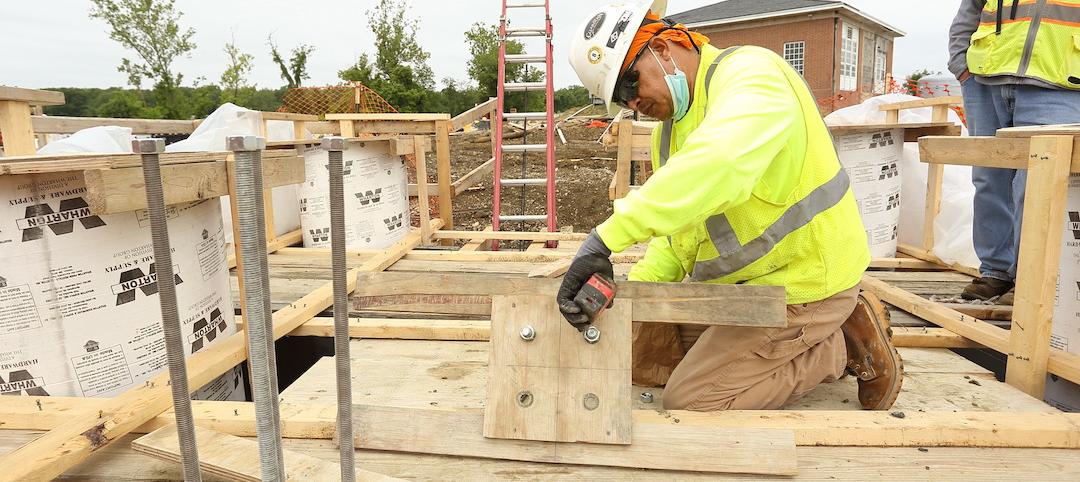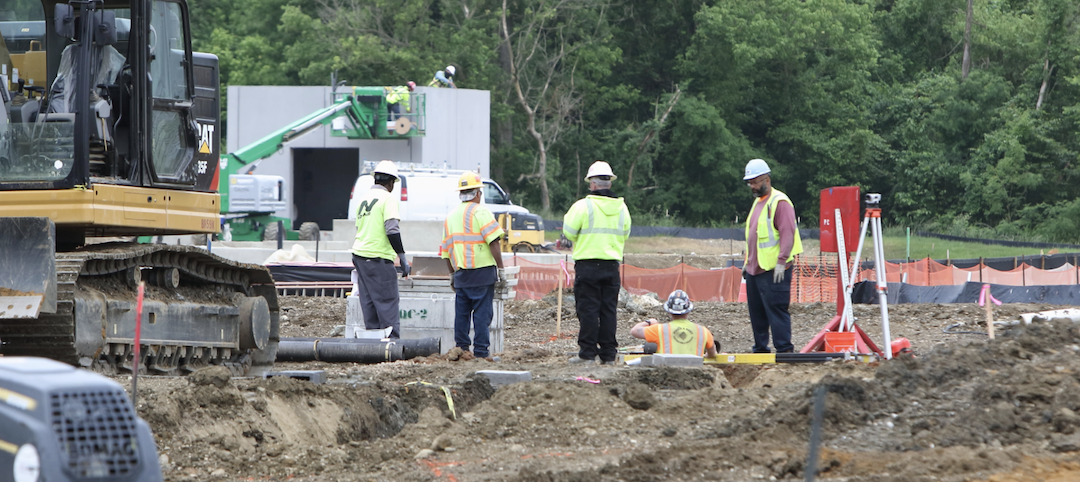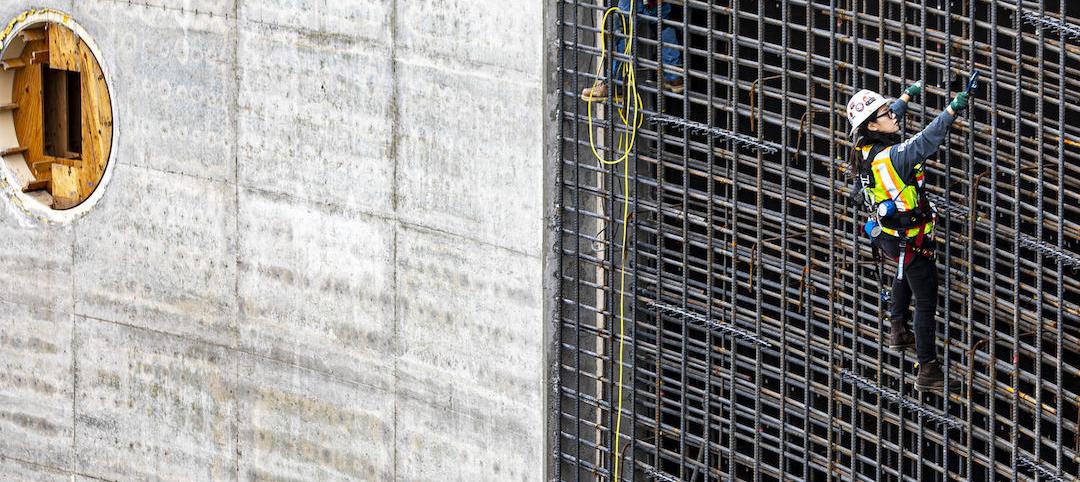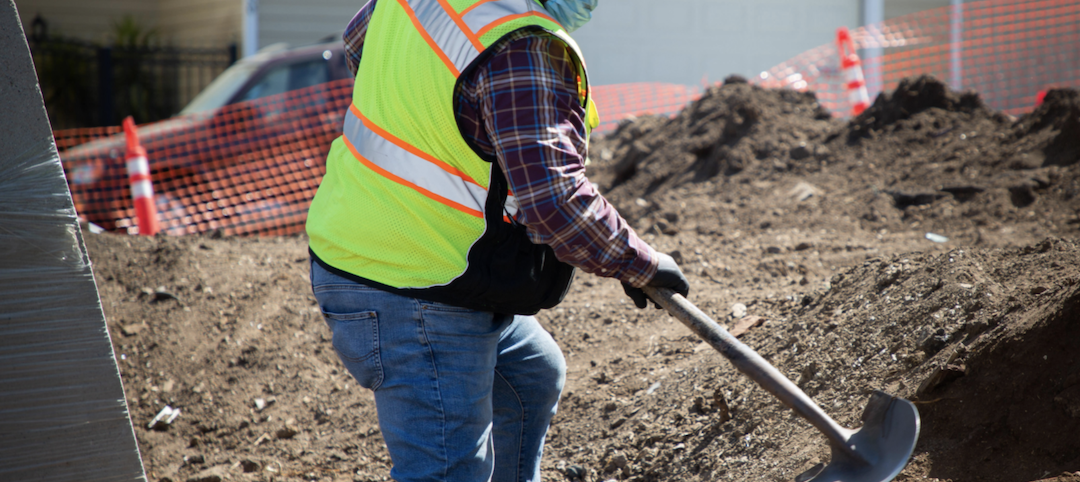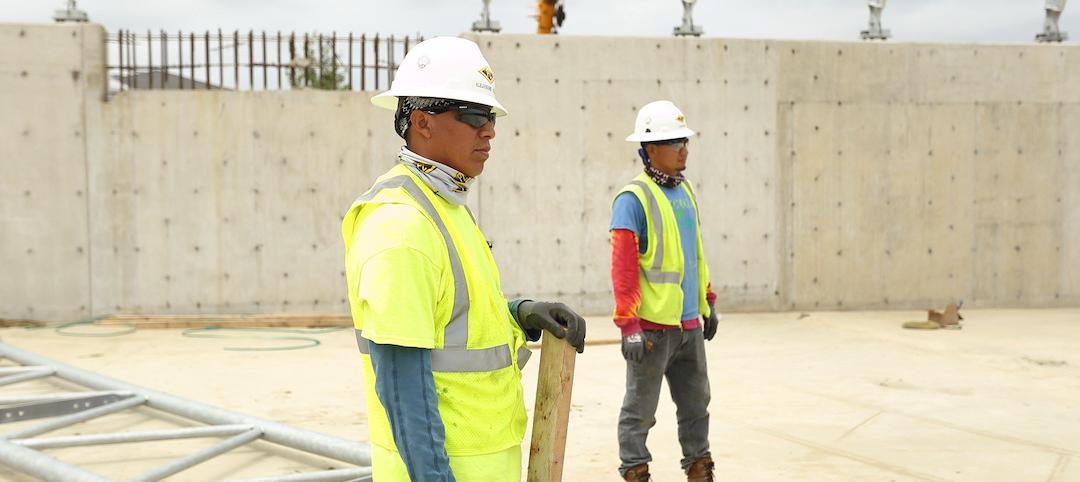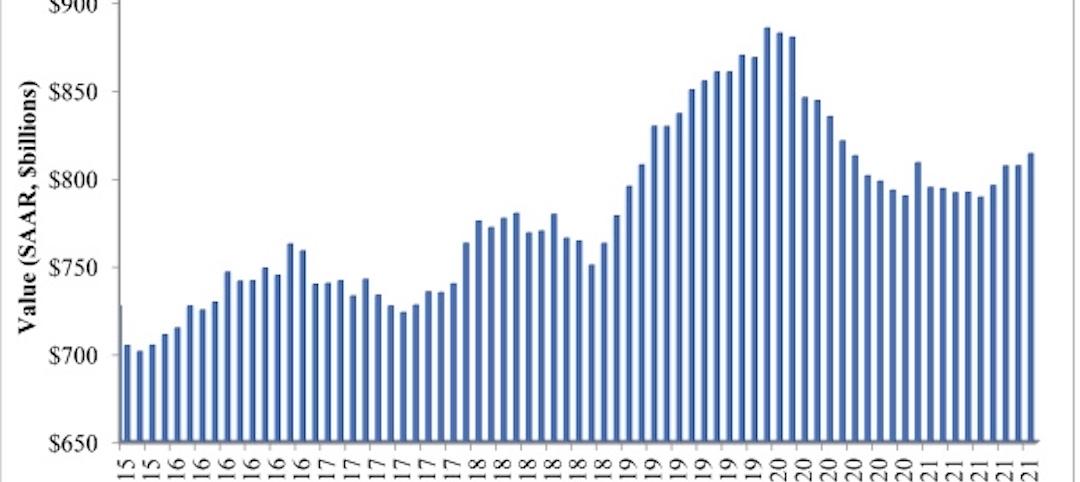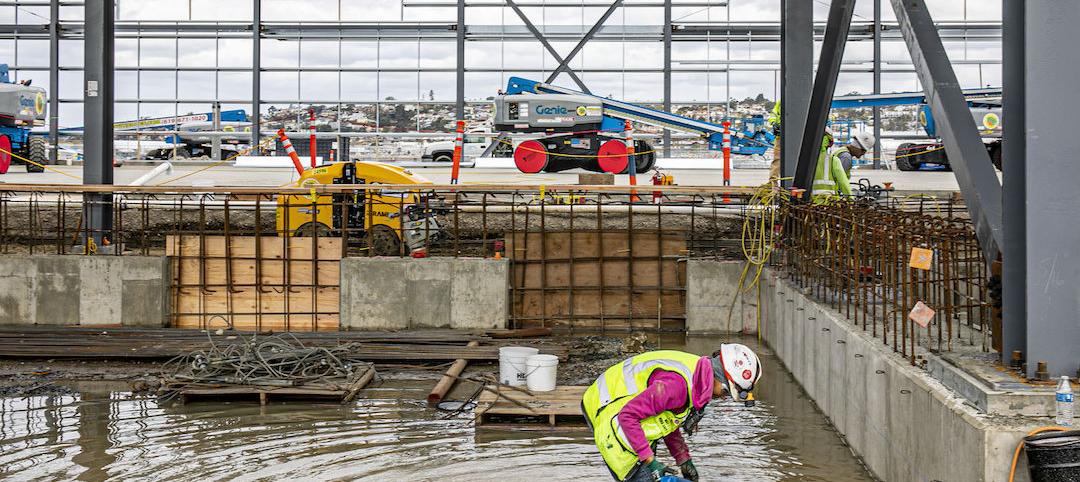Construction employment increased by 228,000 jobs over the past year despite a weather-related dip last month, and the industry's unemployment rate fell to 7.4%, the lowest yet for March, according to an analysis of new government data by the Associated General Contractors of America. Association officials called for revitalizing and adequately funding career and technical education and training programs to ensure that employment in the high-paying industry would continue to grow.
"Construction employment indicators are still signaling strong demand on an annual basis, even though unusually bad weather in several regions probably depressed hiring in March," said Ken Simonson, the association's chief economist. "Employment is rising twice as fast as for the overall economy, pay rates and growth are outpacing the private sector as a whole, and the industry's unemployment rate was the lowest ever for March."
Construction employment totaled 7,150,000 in March, a dip of 15,000 for the month but an increase of 228,000, or 3.3%, over 12 months. The economist pointed out that the year-over-year growth rate in industry jobs was more than double the 1.5% rise in total nonfarm payroll employment.
Hourly earnings in the industry averaged $29.43 in March, a rise of 2.9% from a year earlier. That put average pay in construction 9.7% higher than the average for all nonfarm private-sector jobs, which rose 2.7% in the past year, to $26.82, the economist noted.
The unemployment rate in construction dropped from 8.4% a year earlier to 7.4% last month—the lowest March rate since the series began in 2000. The number of unemployed job seekers with recent construction experience declined to 696,000 in March 2018, which was the lowest total for March since 2001, Simonson said.
Residential construction—comprising residential building and specialty trade contractors—shrank by 7,000 jobs in March but added 114,200 jobs, or 4.3%, over the past 12 months. Nonresidential construction (building, specialty trades, and heavy and civil engineering construction) employment also increased by 114,200, or 2.7%, over 12 months, despite a drop of 8,200 jobs in March.
Construction officials said the new employment figures show the industry continues to create high-paying, long-term jobs but that there is a critical need for more workers. They urged officials at all levels of government to re-invigorate and adequately fund career and technical education programs.
"Construction offers great careers, with above-average pay both for entry-level workers and for the industry as a whole compared to the private-sector average," said Stephen E. Sandherr, the association's chief executive officer. "To make sure students and workers displaced from other jobs have the chance to gain the skills needed to succeed in growing sectors like construction, government officials must do their part. That means funding up-to-date career and technical education and training, and allowing the industry to collaborate in providing opportunities."
Related Stories
Market Data | Jan 6, 2022
A new survey offers a snapshot of New York’s construction market
Anchin’s poll of 20 AEC clients finds a “growing optimism,” but also multiple pressure points.
Market Data | Jan 3, 2022
Construction spending in November increases from October and year ago
Construction spending in November totaled $1.63 trillion at a seasonally adjusted annual rate.
Market Data | Dec 22, 2021
Two out of three metro areas add construction jobs from November 2020 to November 2021
Construction employment increased in 237 or 66% of 358 metro areas over the last 12 months.
Market Data | Dec 17, 2021
Construction jobs exceed pre-pandemic level in 18 states and D.C.
Firms struggle to find qualified workers to keep up with demand.
Market Data | Dec 15, 2021
Widespread steep increases in materials costs in November outrun prices for construction projects
Construction officials say efforts to address supply chain challenges have been insufficient.
Market Data | Dec 15, 2021
Demand for design services continues to grow
Changing conditions could be on the horizon.
Market Data | Dec 5, 2021
Construction adds 31,000 jobs in November
Gains were in all segments, but the industry will need even more workers as demand accelerates.
Market Data | Dec 5, 2021
Construction spending rebounds in October
Growth in most public and private nonresidential types is offsetting the decline in residential work.
Market Data | Dec 5, 2021
Nonresidential construction spending increases nearly 1% in October
Spending was up on a monthly basis in 13 of the 16 nonresidential subcategories.
Market Data | Nov 30, 2021
Two-thirds of metro areas add construction jobs from October 2020 to October 2021
The pandemic and supply chain woes may limit gains.




